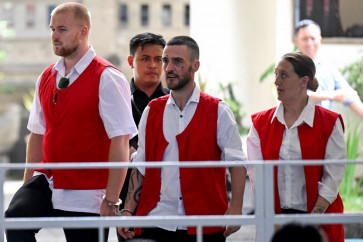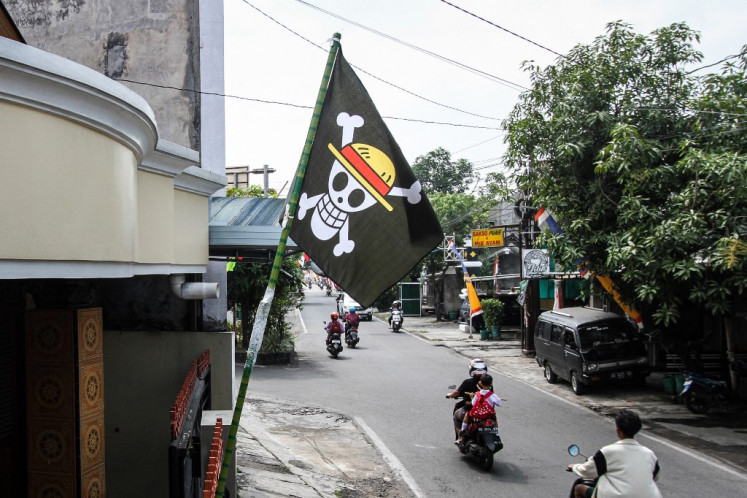Popular Reads
Top Results
Can't find what you're looking for?
View all search resultsPopular Reads
Top Results
Can't find what you're looking for?
View all search resultsLetter: The Bima riots and the mining industry
The Bima riots of Dec
Change text size
Gift Premium Articles
to Anyone
T
he Bima riots of Dec. 24, 2011 and Jan. 26, 2012 raise a troubling question as to what extent the rule of law is in danger of being supplanted by mob rule, in at least some regencies, when it comes to the issuance and revocation of mining licenses.
If the various media reports are to be believed, the original riot of Dec. 24 was caused by local community concern that the proposed mining activities of PT Sumber Nusantara Mineral (SMN) might cause environmental problems. It should not be lost on readers that, by all accounts, PT SMN has not actually commenced any mining activities at this stage and, therefore, there has been no environmental damage caused by PT SMN’s activities to date.
The original riot led the energy and mineral resources minister to almost immediately call for the regent to revoke PT SMN’s mining license. Apparently, when the regent did not heed the minister’s request, the mob rioted again on Jan. 26 and, this time and just for good measure, burned down the regent’s office in order to make their disapproval known. The minister was then quoted in the Jan. 27 edition of The Jakarta Post as saying “I regret that the revocation was implemented only after the people became angry and burned the regent’s office. It shouldn’t be like that. The issuance of a mining permit requires approval from local people in the first place.”
Assuming that the minister has been correctly quoted (which may, of course, not be the case), one could be forgiven for thinking that the minister is offering at least some tacit support for the astonishing notion that mining licenses should be issued and revoked on the basis of what the community in any particular regency thinks about the applicant for or the holder of a mining license and its proposed mining activities. This is despite the fact that the local community will usually lack any ability to properly evaluate proposed mining activities and every regency has a mining office expressly charged with the responsibility for reviewing, assessing and approving or disapproving the work plans of mining companies operating in that regency.
Mining companies should be sensitive to local community concerns about the environment and scrupulously observe their environmental management and protection obligations. However, it is surely completely unacceptable that the issuance and revocation of mining licenses in Indonesia be dependent upon what the local mob thinks about the activities mining companies operating in their area. This is all the more so when the activities in question are still in the planning stage.
The threat to Indonesia as a civil society is obvious if mob rule, rather than the rule of law, prevails in any regency. It should be equally obvious that mob rule in those regencies rich in minerals will make it very difficult to attract new investment, especially foreign investment, for mining projects in those regencies. While this may well be what the mob wants, hopefully this is not what Indonesians as a whole want. If it is, then the outlook for the local mining industry must be regarded as being very bleak indeed.
William A. Sullivan
Jakarta










